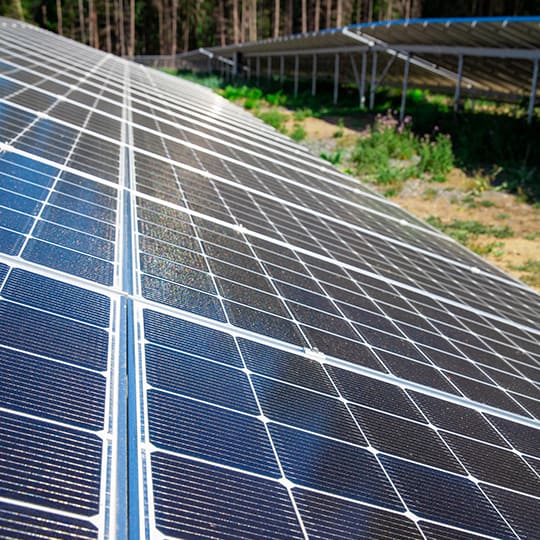Rate Structure
No residential rate increase this year, but change is coming
OPALCO is our non-profi t member-owned cooperative that delivers electricity to all of us at cost on twenty islands in the San Juans. Three years ago, the Board began a four-year process to bring non-residential rates up to cost-of-service and, this fall, the Board will begin to consider changes to OPALCO’s overall rate structure. “Electric rates have three components,” explained Randy Cornelius, General Manger. “There is the cost of the kilowatt hours (kWh), the fixed costs and demand charges.”
OPALCO’s fixed costs include all of the expenses required to keep the Co-op running, even if we didn’t sell a single kWh of electricity, such as equipment, facilities, insurance and some key salaries. Demand charges appear on our power bill from Bonneville Power Administration (BPA) and refl ect OPALCO’s peak demand: the period of highest usage each day when everyone is using their electrical appliances at once. OPALCO’s peak demand (heaviest load) period is typically in the early morning when water heaters, stoves, small appliances and furnaces all come on at once. As a result, OPALCO has to build its system to handle that peak demand of about 50-70 megawatts, even though we run at about 25 megawatts for all but a couple hours each day.
Currently, OPALCO charges residential members a base fee of $25.50 and $0.0758 per kWh used. There are a number of models for how rates could be restructured. Many co-ops charge a higher base fee to cover costs and then sell the kWhs at cost (OPALCO’s cost is about $0.04/kWh). Others have adopted a higher cost per kWh to encourage conservation and energy efficiency.
OPALCO’s mission is to “serve our Members with safe, reliable, cost effective and environmentally sensitive electric utility services.” To that end, the Board will consider those members who are least able to pay their bills—particularly in these tough economic times—while also considering the value of sending a price signal to members that would encourage conservation and energy efficiency.
OPALCO begins a new contract period with Bonneville Power Administration this year that will take us through 2028. The new contract includes a tiered rate structure that guarantees the Co-op a certain amount of (mostly) hydro power up to a measured ceiling of demand (called our high water mark). When our co-op load grows beyond that high-water mark, BPA will purchase power at market rates to meet the additional demand.
Cornelius anticipates that, with our relatively slow growth in San Juan County of about 1%, we will not be subject to market (Tier 2) rates until about 2014. “As co-op members working together,” said Cornelius, “we can forestall market rates by managing our load through energy effi ciency and conservation behaviors. If we all pitch in, do what we can to make our homes and businesses more energy effi cient, the savings will be significant.” According to the Northwest Power and Conservation Council, “Nearly 60% of the region’s new demand for electricity over the next fi ve years and 85% over the next 20 years, could be met with energy efficiency.” 1
Stay tuned for more information about rates as the Board works on this important issue in the coming months. The Board meets the third Thursday of each month; details and agenda are posted by the second Thursday of each month at https://www.opalco.com/person-type/board-of-directors/.
Access the PDF here.



